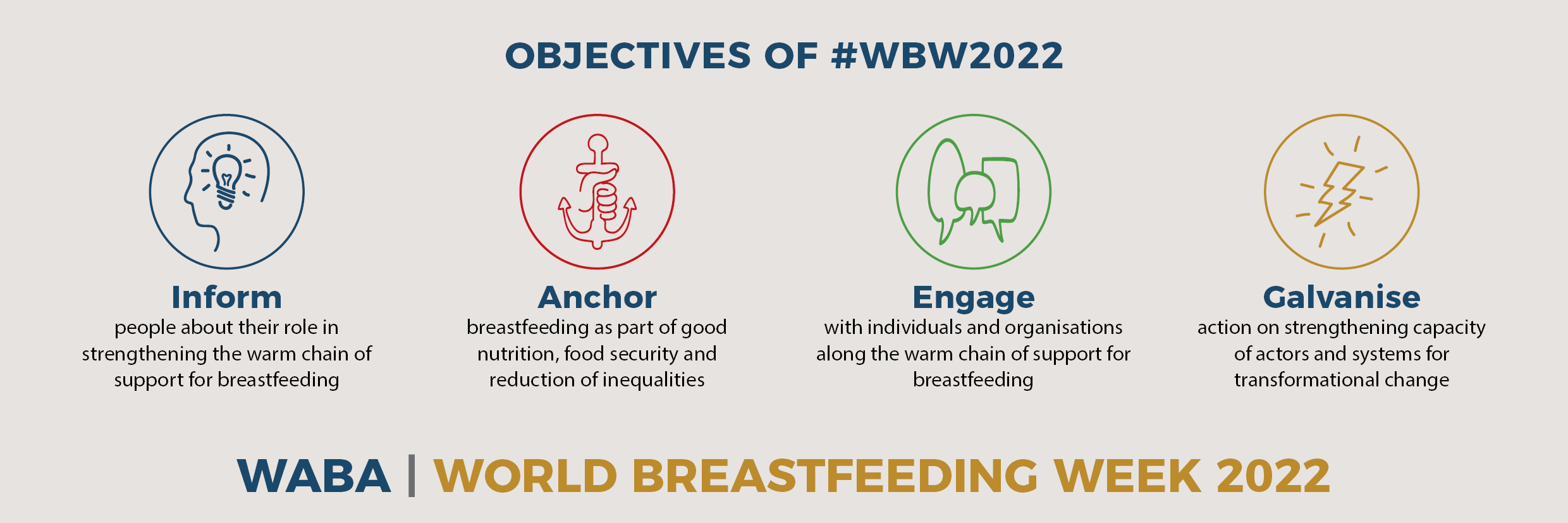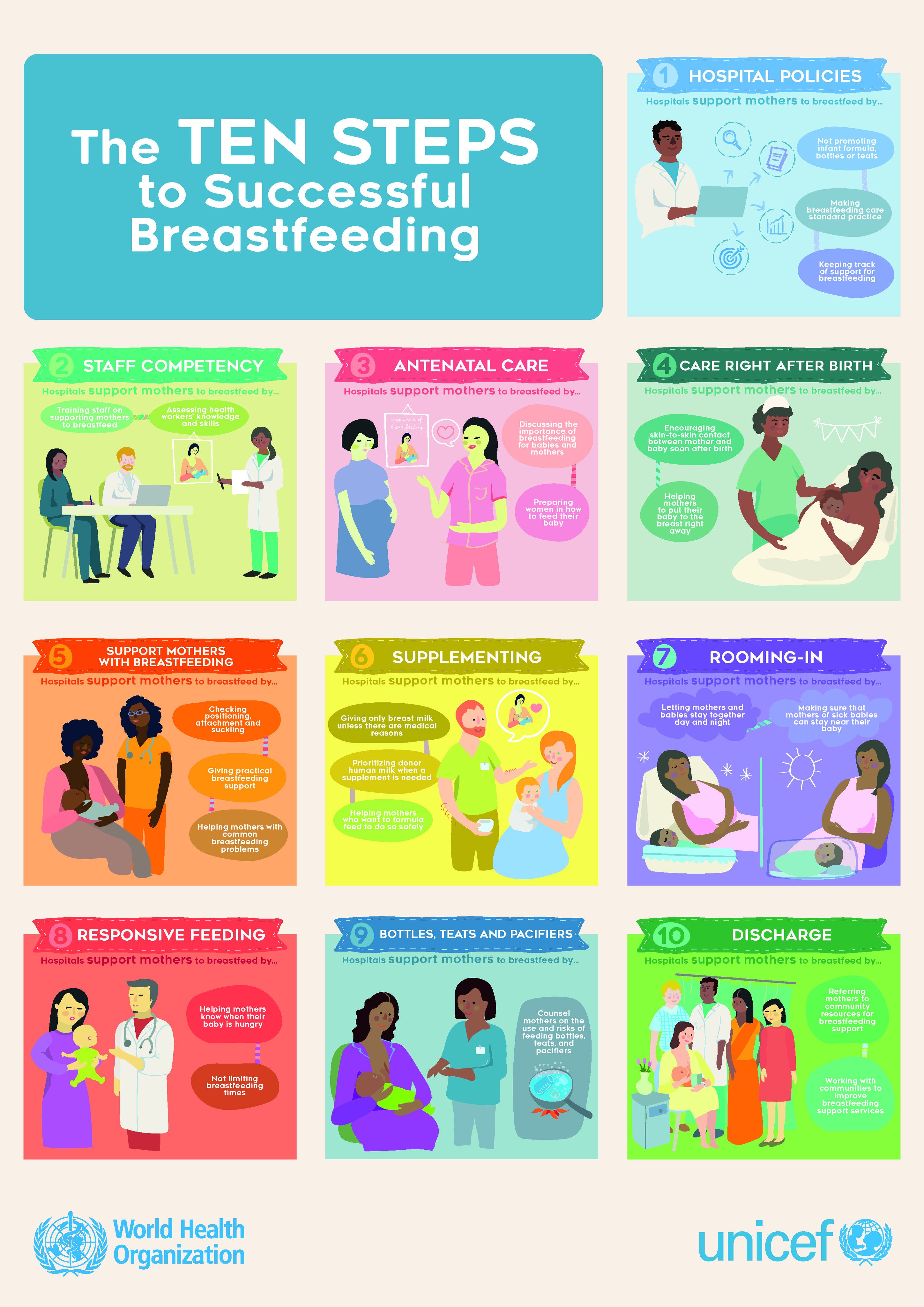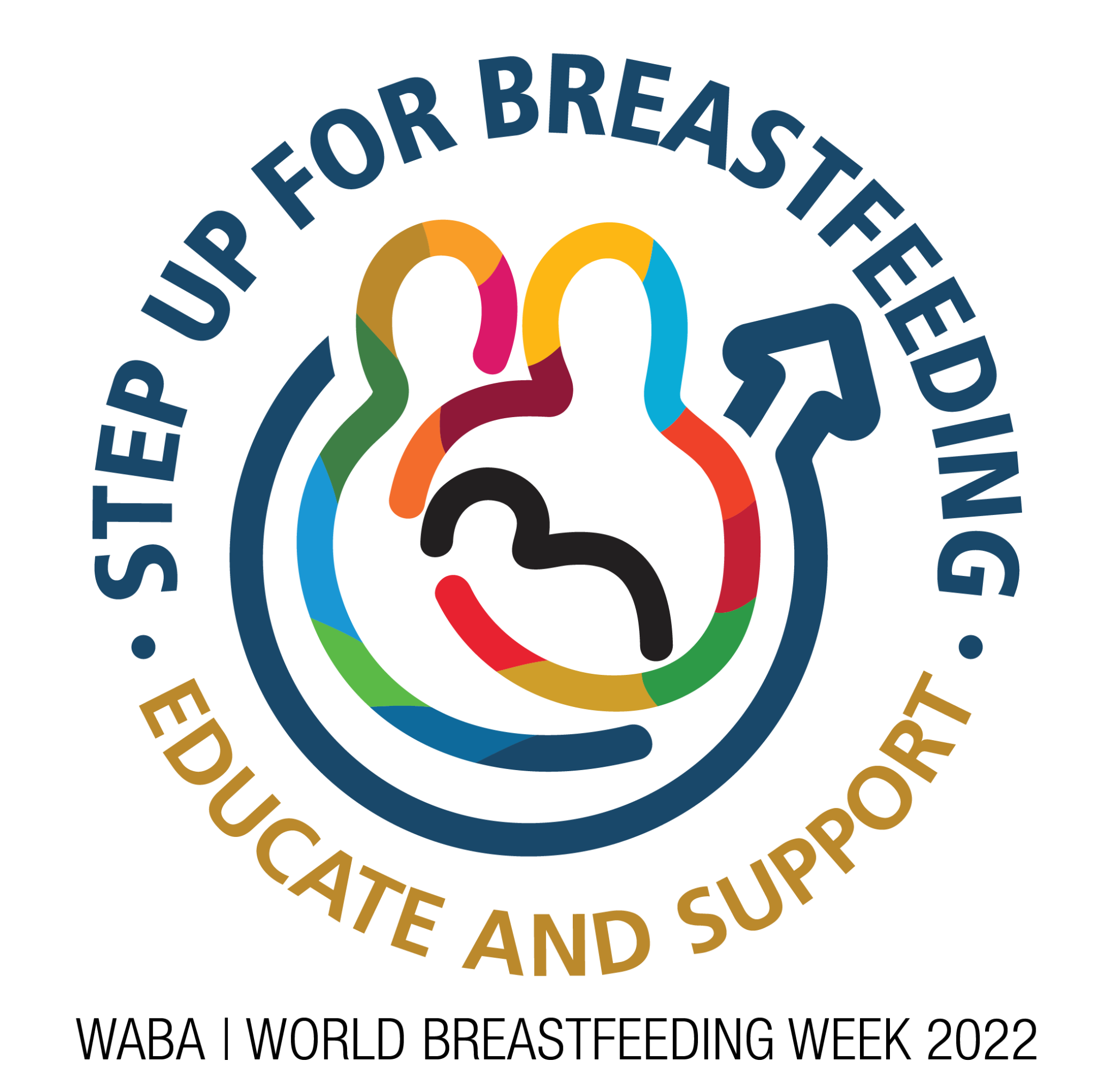The World Breastfeeding week 2022 is focused on strengthening the capacity of actors that have to protect, promote and support breastfeeding across different levels of society. Target audiences include governments, health systems, workplaces and communities that ought to be informed, educated and empowered to strengthen their capacity to provide and sustain breastfeeding-friendly environments for families in the post pandemic world. For so long we have focused on promotion of breastfeeding from the angle of families, yet there are major players in this whole chain who determine the success of the promotion of breastfeeding of children. The objective of the World Breastfeeding Week for 2022 is to inform, anchor, engage and galvanise action on breastfeeding and related issues.
According to WABA, the COVID19 pandemic and geopolitical conflicts have widened and deepened inequalities, tipping more people into food insecurities. The limitations to the health system’s capacity has also attributed to the deterioration of breastfeeding support. This is attributed to lack of staff due to illness leaving the remaining few overwhelmed and other tasks shifted to untrained personnel.
It goes without saying that targeted outreach by breastmilk substitutes industry undermine breastfeeding and in-turn influence parents’ infant feeding decisions. I have seen statements like ” Even formula fed babies grow just fine” Whilst this looks like an innocent statement it can be misleading and undermine the immense benefits your baby can get from breast milk.
This year, WABA has come up with the Warm Chain Support for Breastfeeding. Supporting breastfeeding involves many actors and levels. The warm chain support for breastfeeding involves supporting women from the health service, community and workplace to optimally breastfeed, progressing from one level to another. There is urgent need for education to improve and increase the capacity of all actors who work along the warm chain.

Actors in the warm Chain
Health Care Actors
These play an essential role in the support of breastfeeding and as such need a consistent and appropriate evidence based education, both pre-service and in-service training. There is need to fully understand mother-friendly care and Baby Friendly Hospital Initiative (BFHI) so as to implement the health facility policies and specific breastfeeding counselling competencies. Cultural practices and beliefs affect breastfeeding and as such they need to be trained on the International code of Marketing of Breastmilk Substitutes (the Code) to be equipped on how to meet their responsibilities. These health care actors include; breastfeeding councilors, breastfeeding support groups, community health workers, certified lactation consultants, family doctors and general practitioners, midwives and nurses, nutritionists and dietitians, pediatricians, obstetricians, health care administrators and policy markers in the health system.

Community actors
These support in national and international advocacy to protect, promote and support breastfeeding. They need awareness in the tactics that Breastmilk substitutes industries use in providing misinformation and unethical promotion on breast milk substitutes. There is need for education on how to support parents and how they can collaboratively work with health care actors to fill in the existing breastfeeding gaps. The community actors include academicians, community members, employers, faith groups, environmentalists, family members and media.
Support for breastfeeding does not start only when the baby is born but starts from conception. During pregnancy and before birth, parents need to prepare for breastfeeding and this is crucial during pregnancy. A lot can change for the better at this stage. Parents need education and anticipatory breastfeeding counselling right from the first trimester during antenatal visits. They ought to know the importance of breastfeeding, it’s health, social and economic benefits. All antenatal staff need to be trained on up to date evidence based information and counselling in order to be in the right position to assist parents. In addition, this is the time to connect parents to community networks for support beyond the health facility.
At the stage of labour and delivery, medical interventions that interfere with both initiation and establishment breastfeeding should be minimised. According to WABA, maternity services often lack a mother friendly care policy or they do not implement the existing policies fully. Poor implementation of the Baby Friendly Hospital Initiative (BFHI), results in failure of the practice of the early skin to skin contact appropriately, unnecessary separation of mothers and babies as well as initiation of breastfeeding. All this comes at the cost of the mother and child thus the need to ensure that health workers are competent in all these things.
During postpartum care (for the mother) and post natal care (for the Baby) especially in the first six weeks of birth, there is need to teach mothers how to express milk and situations when this might be useful. Safe storage of the expressed milk ought to be taught and fears towards expressing allayed. Health care and community actors require competency to show a mother how to latch her baby and support her especially in the times of a low breastmilk supply.
Covid19 and the increasing geopolitical conflicts have also showed us that there is need to support breastfeeding under special circumstances and/emergencies. Parents need to be taught that breastfeeding can save lives during special circumstances and emergencies. Experts advise that in such circumstances, the order of preferences should be expressed milk from the infant’s mother, breastmilk from a healthy wet nurse or human milk bank or breastmilk substitute, preferably infant formula fed from a cup. The options must be informed based on cultural context, acceptability by mothers and service availability.
It is now your role to identify where in the chain you can support breastfeeding. Whilst the onus falls more on policy makers in the country, we also have to be willing to participate and implement in our areas of influence, whatever that looks like to you.
Let us set up for breasting, educate and support.
Happy World breastfeeding week 2022
See you next Wednesday

